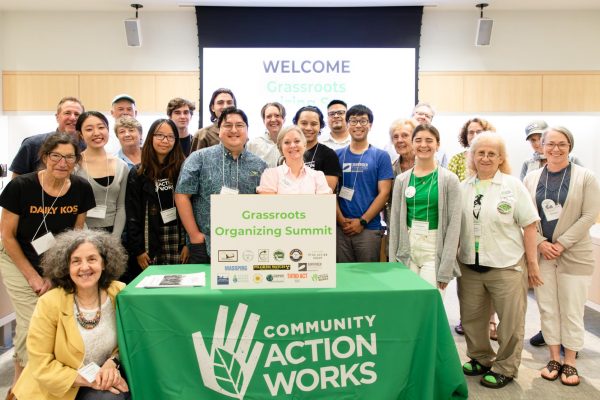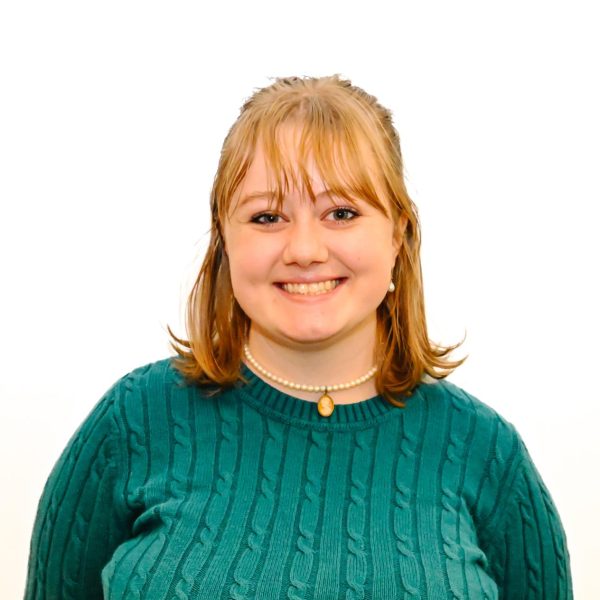On Saturday, June 22, leaders from environmental conservation organizations across five states gathered together to collaborate on pressing environmental issues at the Community Action Works Local Environmental Leadership Summit. The Summit, organized by Community Action Works Executive Director Leigh-Anne Cole, provided attendees with a schedule of conferences to attend from local environmental activists, including Keynote Speaker Ayesha Khan.
Khan formed the Nantucket PFAS Action Group with co-founder Jaime Honkawa, who was unable to attend the Summit. Khan didn’t know of PFAS, or per- and polyfluoroalkyl substances, until her husband, a firefighter, developed testicular cancer due to PFAS in firefighting foam. From then on, she has dedicated her life to informing people of the harm of PFAS, especially how it impacts her local community in Nantucket.
“Filling the communication gap between the science and [its] affected communities is the genesis of our group,” Khan shared during her opening talk at the summit. Khan elaborated on her speech in the “PFAS: What is it? How do we stop it?” panel offered later in the day with speakers Laura Spark of Clean Water Action and Environmental Health, Dierdre Cummings of MASSPIRGs and Community Action Works, and Heather Tenney of the Toxics Use Reduction Institute.
Another panel offered that day was the “Taking on Special Interests” panel led by Save Our Bay MA. The talk — led by Executive Director of Pilgrim Watch Mary Lampert, member of MA Sierra Club and Save Our Bay MA Art Desloges, and member of Save Our Bay Ben Cronin — explained how to turn a passion project into a full-fledged campaign. They informed the audience that a campaign must involve several key members like a legal team for inevitable legal disputes, an information team or “geek squad” to build credibility, and an action team to get the message into the public realm.
Besides panels, three attendees were gifted awards to commemorate their great achievements. The Legacy Award was presented to Mary Lambert of Duxbury Massachusetts to honor her 47-year fight against the environmental and public health threats posed by the Pilgrim Nuclear Power Station.
Audrey Symon of Cincinnati was awarded the Youth Activist Award for convincing the Cincinnati Board of Education to adopt a Clean Energy Resolution, ensuring a sustainable future for the district.
Finally, the North Country Alliance for Balanced Change from the White Mountains region of New Hampshire won the Outstanding Community Group Award for its work in stopping Casella Waste Systems from putting a dump in the middle of the Ammonoosuc River watershed. The site is only half a mile from Forest Lake, one of the highest-rated wildlife areas in New Hampshire and a popular spot to participate in water sports like kayaking and swimming.
Owen Myka-Smith, who studies environmental science at UMass Boston, started interning with MASSPIRG last spring. “I went to one of their kickoff events, and I got sucked in,” he said.
Myka-Smith described how he was “blown away” by the event’s attendance. “I think it was around 150 people,” he added. “The panels were so interesting, and it went smoother than I could have imagined.”
Community Action Works sparked an important conversation about how activists work best together. Most of the advice offered by top climate leaders at the Summit involved relying on a community of like-minded individuals to start change within local networks. By connecting with other inspired leaders, change becomes inevitable.


